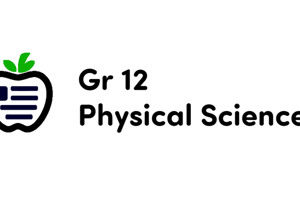Podcast
Questions and Answers
What happens to chemical bonds during a chemical reaction?
What happens to chemical bonds during a chemical reaction?
- Bonds remain unchanged
- Bonds are destroyed (correct)
- Bonds are created
- Bonds change their position
Which type of bond is formed in a Lewis acid-base reaction?
Which type of bond is formed in a Lewis acid-base reaction?
- Covalent bond (correct)
- Ionic bond
- Hydrogen bond
- Metallic bond
What is the net result when the energy required to break bonds is larger than the energy evolved in making new bonds?
What is the net result when the energy required to break bonds is larger than the energy evolved in making new bonds?
- No energy change occurs
- Energy is absorbed (correct)
- Energy is released
- The reaction is not possible
Which of the following is an example of a Lewis base?
Which of the following is an example of a Lewis base?
How do chemists classify chemical reactions?
How do chemists classify chemical reactions?
Study Notes
Chemical Bonds and Reactions
- During a chemical reaction, chemical bonds are broken and formed.
- The type of bond formed in a Lewis acid-base reaction is a covalent bond.
Energy and Bond Formation
- When the energy required to break bonds is larger than the energy evolved in making new bonds, the net result is an endothermic reaction.
Lewis Bases
- An example of a Lewis base is ammonia (NH3).
Classification of Chemical Reactions
- Chemists classify chemical reactions into different categories, including synthesis, decomposition, single displacement, and acid-base reactions.
Studying That Suits You
Use AI to generate personalized quizzes and flashcards to suit your learning preferences.
Description
Explore the fascinating world of chemical reactions and discover what happens to chemical bonds during these processes. Learn about the breaking and formation of bonds, the absorption and evolution of energy, and the significance of bond energy in various reactions. Test your knowledge and deepen your understanding with this engaging quiz.




